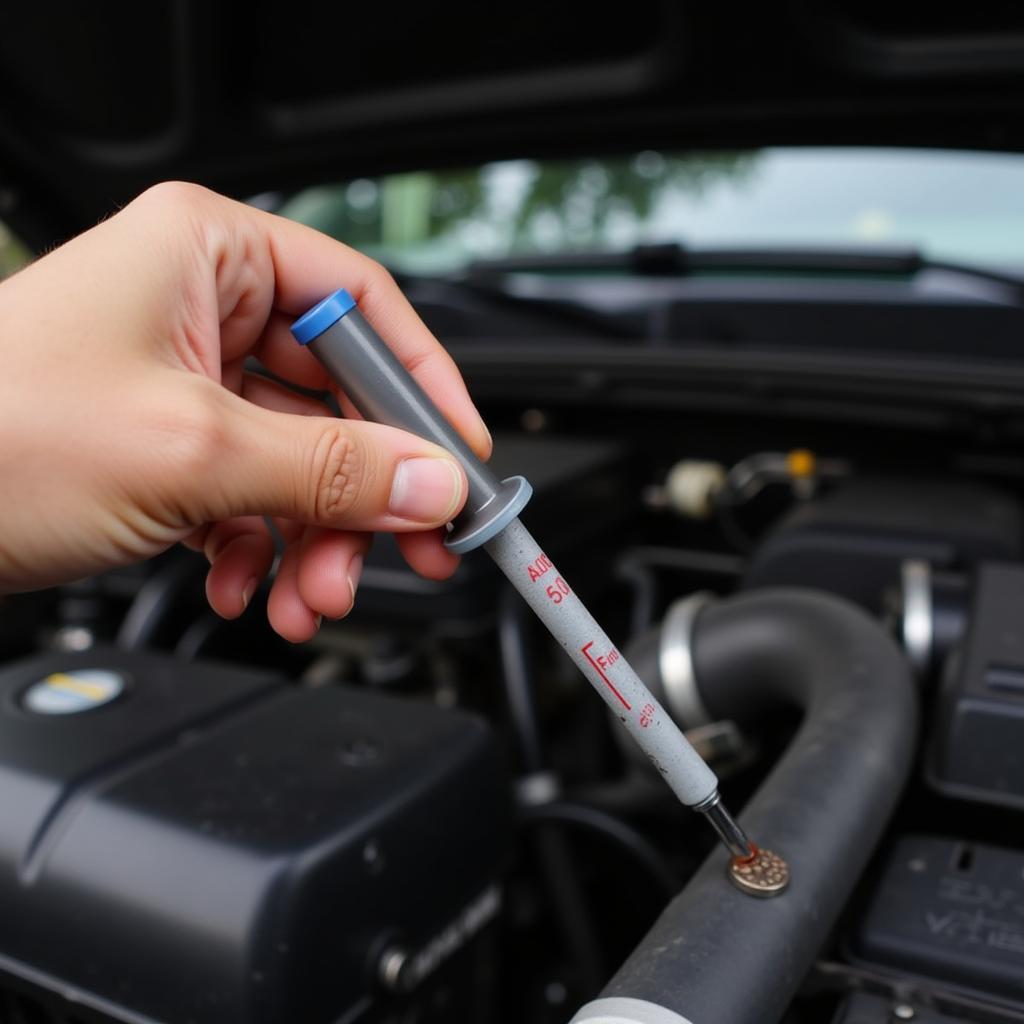Experiencing a bumpy ride, unusual noises, or steering wheel vibrations? These could all be signs of a car axle problem. Ignoring these issues can lead to costly repairs down the road, so it’s crucial to address them early on. Here’s your go-to guide on how to identify car axle problems and what to do about them.
Understanding the Role of Your Car Axle
Before diving into the warning signs, let’s break down what the car axle does. In simple terms, the axle is a rod or shaft that connects your wheels and allows them to rotate. It’s a crucial component of your vehicle’s drivetrain, responsible for transmitting power from the engine to the wheels, ultimately making your car move.
There are two main types of axles:
- Front Axle: Found in front-wheel and all-wheel drive vehicles, the front axle handles steering and power delivery.
- Rear Axle: Typically found in rear-wheel and all-wheel drive vehicles, the rear axle primarily focuses on power delivery.
Telltale Signs of Car Axle Troubles
A problematic car axle often announces itself through a range of symptoms. If you notice any of the following, it’s time to investigate further:
1. Strange Noises – Clunking, Clicking, or Humming
Clunking or clicking sounds when turning or accelerating can indicate worn-out CV joints, which are flexible joints located at the ends of the axle shafts. These joints allow the axle to move up and down while still transmitting power to the wheels.
A humming or rumbling noise that increases in volume as you accelerate might point to a problem with the wheel bearings, which are essential for smooth wheel rotation.
2. Vibrations – Feeling the Shakes
Vibrations felt through the steering wheel, floorboard, or even the entire vehicle, particularly at higher speeds, can be a red flag for a bent or damaged axle shaft. This shaking is often caused by the wheels not spinning in proper alignment.
3. Steering Issues – Loss of Control
Difficulty steering or a pulling sensation while driving, especially when turning, can be a sign of a damaged or worn axle component. This issue needs immediate attention, as it can compromise your vehicle’s stability.
4. Uneven Tire Wear – Spotting the Patterns
Unusual or uneven tire wear patterns can be a symptom of an axle issue, often caused by the wheels not sitting at the correct angles.
5. Visual Inspection – A Look Underneath
Visible damage to the axle, such as dents, bends, or leaking grease from the axle boots, are clear indicators of a problem.
“Ignoring axle problems is like ignoring a crack in your foundation. It might seem small at first, but it can lead to much bigger problems down the line.” – Mark Williams, Senior Automotive Engineer
What to Do if You Suspect an Axle Problem
If you encounter any of these warning signs:
- Don’t Delay: Axle problems worsen over time and can lead to hazardous driving conditions.
- Professional Inspection: Take your vehicle to a trusted mechanic specializing in axle repairs for a thorough inspection.
- Accurate Diagnosis: A mechanic can accurately diagnose the issue and determine if it’s a simple fix or requires more extensive repair or replacement.
- Timely Repair: Addressing the problem promptly can prevent further damage to your vehicle and ensure your safety on the road.
Prevention is Key: Maintaining Your Car Axle
Regular maintenance is crucial for extending the lifespan of your car axle and avoiding costly repairs. Here are some proactive steps:
- Regular Inspections: Include visual inspections of your axle during routine maintenance checks. Look for any signs of damage, leaks, or wear and tear.
- Lubrication is Vital: Regularly lubricate the axle components, including the CV joints and wheel bearings, as recommended in your owner’s manual or by a mechanic. Proper lubrication reduces friction and wear, ensuring smooth operation.
- Mind Your Driving Habits: Avoid driving over potholes or curbs at high speeds, as this can put excessive stress on the axle components and lead to damage.
- Address Tire Issues: Ensure your tires are properly inflated and aligned to prevent uneven wear and strain on the axle.
“Regular maintenance is the key to keeping your car on the road longer. A little bit of prevention can go a long way in saving you time, money, and headaches in the future.” – Sarah Thompson, Certified Automotive Technician
Conclusion
Being aware of the signs of car axle problems is essential for any car owner. Remember, addressing these issues promptly is crucial for your safety and the longevity of your vehicle. If you notice any unusual noises, vibrations, or steering difficulties, don’t hesitate to seek professional help.
Need expert assistance with your car axle or other automotive needs? Contact AutoTipPro today at +1 (641) 206-8880. Our team of experienced technicians is here to provide top-notch service and keep your vehicle running smoothly. We’re conveniently located at 500 N St Mary’s St, San Antonio, TX 78205, United States.






Leave a Reply